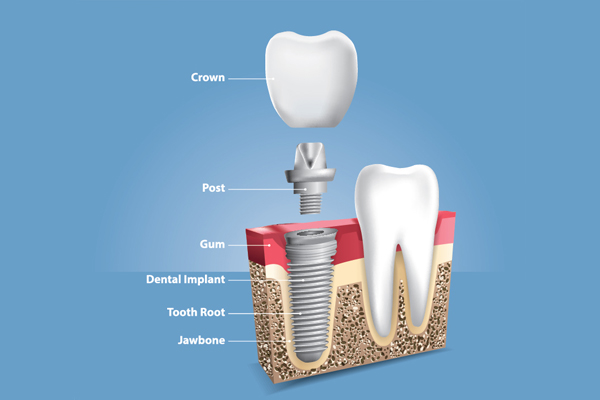What You Should Know About Dental Veneers

Dental veneers are very thin tooth-colored shells used to cover the front surface of your teeth to improve their appearance. The shells, which are made from porcelain or composite resin materials, are bonded to the front of your teeth, allowing your dentist to change the shape, length or size of your teeth.
Commonly asked questions
What are veneers used for?
Veneers serve different purposes depending on the problem you have with your teeth. They can be used to fix chipped or broken teeth, making them appear like your natural teeth. Veneers can also be used to whiten teeth if your teeth are stained, damaged or not as white as you would like. In some cases, they can be used to close the gap between teeth if the gap is not too big.
How long do veneers last?
Veneers are very durable and last anywhere from seven years to 15 years before they would need to be replaced with a new set.
Do they require special care?
Veneers are like your natural teeth; they do not require any special attention as long as you practice good oral hygiene, which means brushing your teeth at least twice a day and flossing regularly. You should also see your dentist at least twice a year.
Veneers are stain resistant, but your dentist will advise you to avoid foods and drinks that can leave stains if you have veneers. Smoking can also stain your veneers and harm your gums, so you need to avoid smoking and other tobacco products.
How long does it take to get veneers?
Having veneers put on your teeth requires three visits to the dentist. The first trip is for a consultation, where your dentist will tell you all about the process and what to expect. The second trip is to make the veneers, while the third trip is to apply them to your teeth.
During your first visit, you need to explain the result you are trying to achieve to your dentist. Your dentist will then examine your mouth to make sure veneers can work for you, then make impressions of your mouth and teeth.
During your second visit, your dentist will prepare the teeth the veneers will be applied to by removing some enamel from the surface to allow the veneers to be bonded to it. By the time you go in for your third visit, the veneers that will be applied to your teeth would have been sent from the dental laboratory. They are then bonded to your teeth and trimmed to achieve the proper fit. After the veneers have been applied to your teeth, your dentist will ask you to return in a couple of weeks to see how your gums are responding to the veneers.
Conclusion
Now that you know a little about dental veneers and how they are applied to your teeth, you should be able to decide if getting dental veneers is right for you. If it is, talk to your dentist and find out if you can get the procedure done.
Request an appointment here: https://www.roderickgarciadmd.com or call Roderick A. Garcia, DMD PC at (505) 634-5029 for an appointment in our Albuquerque office.
Recent Posts
Dental veneers are a popular cosmetic solution for people looking to enhance their smiles. These thin, custom-made shells cover the front surface of the teeth, providing a natural, flawless appearance. While many people are aware of the aesthetic benefits, veneers have several surprising advantages that make them an ideal choice to enhance one's smile.While orthodontic…
Dental veneers are a popular cosmetic treatment solution in smile makeovers. This is because they can address a range of cosmetic and oral health issues, such as teeth stains, misshapen teeth, uneven teeth, chips, and cracks. This review highlights how a dentist might utilize dental veneers during the smile makeover treatment process. Dental veneers are a…
Treatments available to improve minor aesthetic issues with your teeth include dental veneers that cover up such imperfections to give your teeth a more uniform appearance. There are two separate treatments that are referred to as veneers, and while they accomplish the same purpose, they have little in common with one another otherwise.Knowing the difference…
As more patients seek cosmetic dental treatment, dental veneers are more popular than ever. These restorations can completely transform a patient's smile. A porcelain or composite veneer can change a tooth's size, shape, or color. It can also be used to repair mild to moderate damage in some situations. This can help protect a person's…


